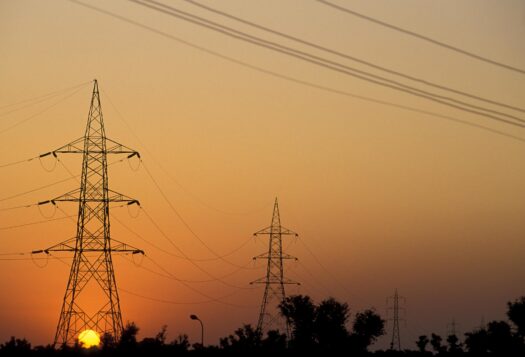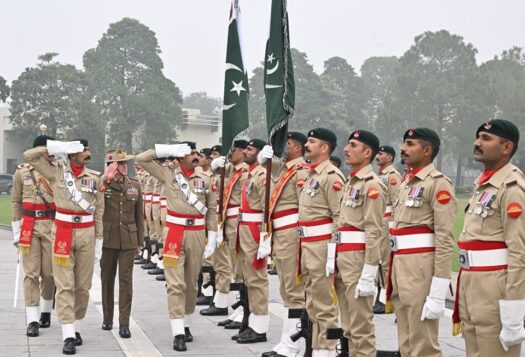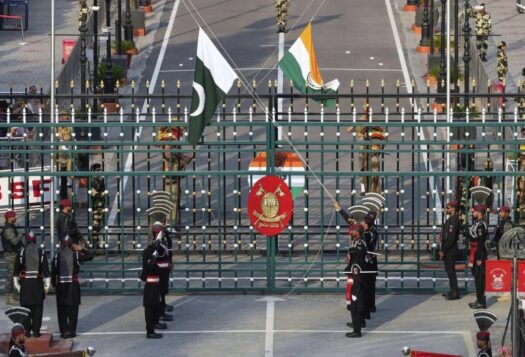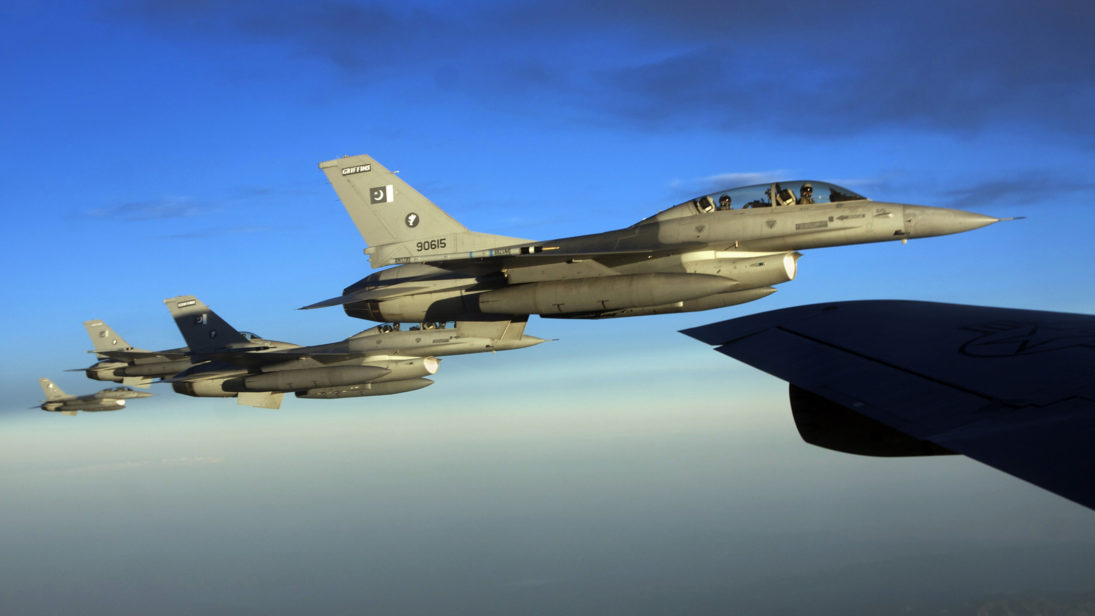
As Pakistan and the United States gingerly engage after the fall of Kabul, distrust continues to inform the relationship. At the same time, both sides appear to want relations to improve beyond the single-point issue of Afghanistan, although Pakistan more so than the United States.
Relations after the Afghanistan Withdrawal
The United States is Pakistan’s biggest export market, and Islamabad would like to retain and expand its access there. There are other areas like information technology, infrastructure development, education, health, and energy where Pakistan seeks investment by U.S. companies. The two National Security Advisor meetings between Jake Sullivan and Moeed Yusuf have identified areas of cooperation and the necessity to make progress time-bound. There have also been meetings between the U.S. Secretary of State Antony Blinken and Pakistan’s Foreign Minister Shah Mehmood Qureshi.
Yet, nothing concrete has materialized. Afghanistan continues to cast a shadow on U.S.-Pakistan relations. Images from the Kabul airport created a Saigon moment for Biden, who faced criticism from Republicans and Democrats alike for a precipitous and chaotic exit, even among those who backed the withdrawal. Many in the United States pointed to the failures of U.S. policy over the past two decades, as well as Washington’s repeated frustration over Pakistan’s refusal to cut ties with the Taliban. Pakistan, for its part, remains actively engaged with Afghanistan, bilaterally and multilaterally. In fact, it is doing much of the heavy lifting now that the United States has withdrawn without a clear policy—talk of counterterrorism and over-the-horizon capabilities notwithstanding. Pakistan has also argued consistently that the U.S decision to keep the Taliban out of the Bonn process and subject rural, Pashtun areas in Afghanistan to ham-fisted counterterrorism operations were among the many factors that contributed to the reorganization of the movement and its blowback.
The issue, however, goes beyond legislative attempts to strip Pakistan of the MNNA status or to try and get it sanctioned. It symbolizes U.S.-Pakistan relations and the highs and lows that have defined them over seven decades, which is the entire lifespan of Pakistan’s existence.
From Pakistan’s view, attempts by U.S. legislators to lay the blame solely at Pakistan’s feet are therefore problematic going forward. Last September, 22 Republican Senators moved a bill in the Senate that seeks to assess Pakistan’s alleged role in Afghanistan before and after the fall of Kabul and in the Taliban offensive in Panjshir Valley. Pakistan has sharply reacted to the bill accusing the U.S. of scapegoating Pakistan.
The MNNA Question
There have also been moves to strip Pakistan of its Major Non-NATO Ally (MNNA) status. Most recently, in January 2021, Congressman Andy Biggs, a Republican from Arizona’s 5th Congressional District, introduced a bill in the House of Representatives that would remove Pakistan’s MNNA status. While the bill didn’t get any traction, the idea has popped up regularly in Beltway policy debates over U.S.-Pakistan relations. Before the January move by Biggs, there were House versions of the bill in 2017 and 2019. In 2017 the bill received 10 bipartisan co-sponsors, seven Republicans and three Democrats but never received a House Foreign Affairs committee vote. A 2019 House version attracted a Republican co-sponsor but didn’t get past the committee.
The issue, however, goes beyond legislative attempts to strip Pakistan of the MNNA status or to try and get it sanctioned. It symbolizes U.S.-Pakistan relations and the highs and lows that have defined them over seven decades, which is the entire lifespan of Pakistan’s existence.
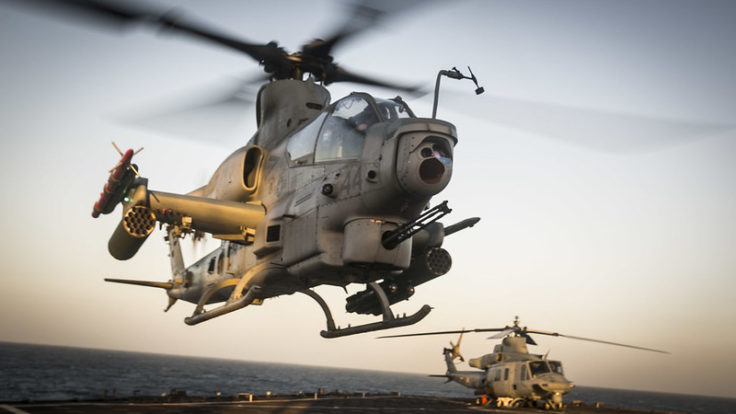
Would it make any difference if the United States withdrew Pakistan’s MNNA status? The short answer is no. But before we come to the longer answer, let’s recap some facts with reference to the MNNA status. In the wake of the 9/11 attacks and U.S. invasion of Afghanistan, President George W. Bush’s administration designated Pakistan a Major Non-NATO Ally in 2004. This was the Bush administration’s attempt to reengage and incentivize Pakistan for its support of the war in Afghanistan.
According to the U.S. Department of State: “MNNA status is a designation under U.S. law that provides foreign partners with certain benefits in the areas of defense, trade and security cooperation. The Major Non-NATO Ally designation is a powerful symbol of the close relationship the United States shares with those countries and demonstrates our deep respect for the friendship for the countries to which it is extended. While MNNA status provides military and economic privileges, it does not entail any security commitments to the designated country.”
Until the fall of Kabul to the Taliban, the United States had 18 states designated as a MNNA (including Taiwan, which does not have formal MNNA recognition but is treated as such). Since 1987 when this category and its benefits were introduced as part of a U.S. President’s incentives toolkit, no country designated as a MNNA has ever been stripped of that status.
The status is governed by certain laws and benefits. The Foreign Assistance Act 1961, read with certain other laws, makes a MNNA eligible, among other things, to receive USD $3 million annually for counterterrorism “research and development projects.” Similarly, the Arms Export Control Act enables a MNNA to receive loans on supplies and equipment. U.S. Code 10 on Armed Forces and Public Law 106-13 are two other laws that govern dealings with a MNNA: the former deals with joint research and development and cooperation in repair and overhauling of defense equipment, while the latter deals, among other things, with the benefits of expedited licensing by U.S. companies of commercial satellites.
Pakistan did get some platforms and weapon systems under the MNNA arrangement. The most significant was the acquisition of 19 F-16C/D Block 50/52 fighter aircraft and a variety of missiles and bombs with the platform. Pakistan also got the 23 Peace Gate F-16As and Bs. Significantly, the deal included purchase of Mid-Life Update Modification Kits to upgrade Pakistan’s old F-16A/B aircraft. The United States also provided Pakistan with excess defense systems, including eight P-3C Orion maritime patrol aircraft and refurbished AH-1F Cobra attack helicopters; six C-130 military transport aircraft, surveillance radars, military radios, over 2,000 TOW anti-tank missiles and 115 M109A5 155mm self-propelled howitzers. Pakistan also received one Oliver Perry Hazard Class frigate, although it requested six, according to Pakistan Navy sources. A 2013 U.S. Senate bill, titled: “Transfer of Excess United States Naval Vessels,” however, seems to suggest that while the U.S. had indicated the transfer of three frigates, it had not fully committed to supplying six. The bill also contained a number of stringent conditions with reference to transferring the frigates.
There are two courses of action: either relations improve, or they trundle along as they have with both sides engaging each other where they find convergence. The first is obviously desirable; the second more realistic.
Despite some benefits of the agreement in its early years, in the past decade Pakistan’s MNNA status has done little to stabilize the highs and lows in the bilateral relationship or improve the military procurement process. In 2016, Pakistan ordered nine Bell AH-1Z attack helicopters under the U.S. Foreign Military Sales process. But that sale has been on hold since former U.S. President Donald Trump cut security funding to Pakistan. Turkey has not been able to export its T129 attack helicopters to Pakistan because the helicopter’s engine is part-built by a U.S. company and the Pentagon refused to issue an export license to Ankara, which is under sanctions for purchasing the Russian S-400 A2/AD platform. So, Turkey, a NATO member, cannot export its attack helicopters to Pakistan which, on paper, is a MNNA. During President Obama’s tenure, the U.S. Congress refused to clear funds under Foreign Military Finance for Pakistan’s purchase of eight F-16s (despite the MNNA status). Even when certain defense items were cleared for sale to Pakistan, they could not be delivered because the Trump Administration suspended all security assistance to Pakistan in January 2018.
In terms of the benefits listed for a state with MNNA status in relevant U.S. laws, Pakistan has long accrued very few. Put another way, if Pakistan were to lose MNNA status, nothing would have changed materially for it since Obama presidency or more aptly The Enhanced Partnership with Pakistan Act of 2009. The proposed bill to sanction Pakistan is another area that threatens relations.
But in broader terms, both sides stand to lose if even the symbols are put to the sword. As noted above, neither wants any such development, certainly not Pakistan. The problem at this point relates to two factors: U.S. domestic politics where the Republicans are bent on making life difficult for Biden and Pakistan’s archrival India which, under its current right-wing government, wants to shrink Pakistan’s diplomatic space whenever and wherever it can. India’s foreign minister’s statement with reference to the Financial Action Task Force is just one case in point.
There are two courses of action: either relations improve, or they trundle along as they have with both sides engaging each other where they find convergence. The first is obviously desirable; the second more realistic. But sanctioning Pakistan or removing the MNNA symbol doesn’t work in either case.
Ejaz Haider is a Pakistani journalist with interest in security and foreign policies. He tweets @ejazhaider.
***
Click here to read this article in Urdu.
Image 1: Robert Sullivan via Flickr
Image 2: Robert Sullivan via Flickr
